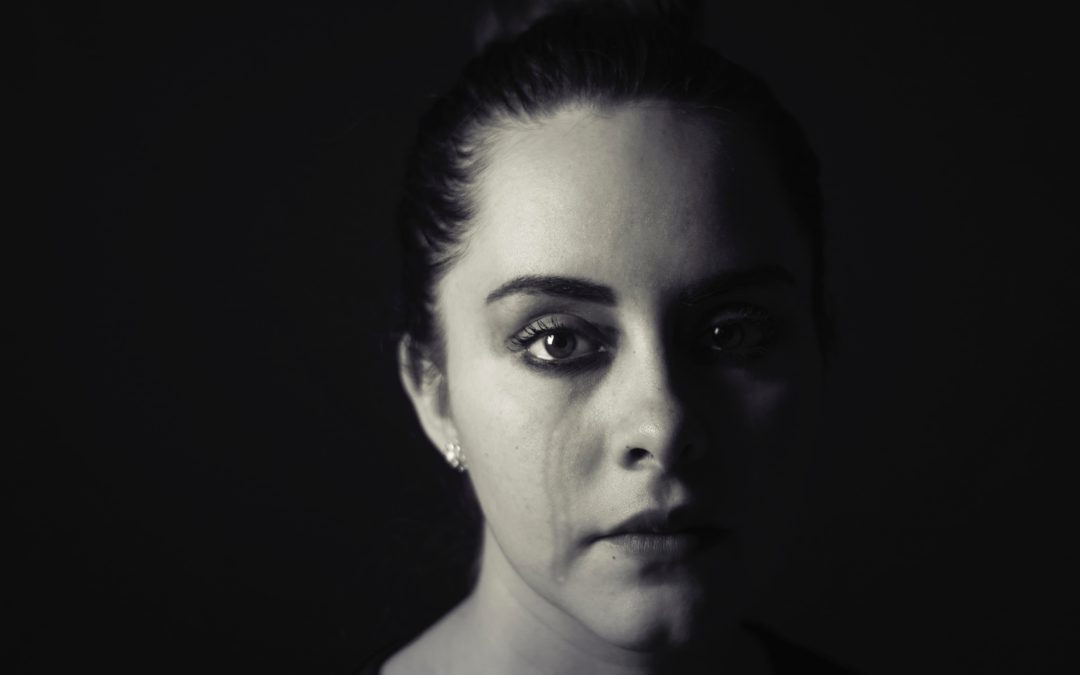It’s been a rough few months for human beings lately.
Here in the U.S. and in our territories in the Caribbean, we’ve seen many people’s worlds rocked to their core. We’ve experienced the winds and rains of hurricanes and the destructive furnace of fires. On top of that, a terrifying hailstorm of bullets rained down on innocent music lovers in Las Vegas.
Women all over the country have been coming forward about their experiences with sexual assault and harassment. Many of them are reliving painful feelings of guilt and shame as they share their stories.
Everywhere I look I see grievers… a nation of grievers.
Anyone who suffers loss is a griever. Whether your loss resulted from a hurricane, an earthquake, a massacre, or sexual assault, the end-result is the same… you are a griever. You have either lost trust, dreams, circumstances, a living being, a place, or a thing that you valued.
Grief isn’t an emotion. It’s actually a cluster of emotions that result when you suffer loss. Sometimes grief shows up as devastating sadness. But, it can also manifest as horror, depression, anxiety, fears, phobias, confusion, disbelief, overwhelm, hopelessness, and paralyzing despair. These are just some of the ways that humans express the emotions that we collectively call grief.
Most people when grieving often wonder if the pain will ever end, or if they will ever get their lives back.
But, there is more to the grief picture than the sobbing and the wailing that initially takes place. There is a subterranean aspect of grief that sneaks up on you like a Ninja in the night. It is the fearful, limiting beliefs that develop in your subconscious mind. These beliefs impact your behavior and attract negative outcome that affirms their validity.
I can exemplify this best with the story of one of the women who came forward in the Harvey Weinstein sexual abuse investigation. She shared that after he forced himself on her and after futile attempts to make him stop, she ended up having nonconsensual sexual activity with him.
Afterward, she hated herself and thought she was horrible for not fighting harder. This grew into an inability to enjoy sex and resulted in an eating disorder. This scenario demonstrates a very important point.
When grief is unresolved and unhealed, it very often leads to destructive, self-sabotaging behavior.
Most people have a limited capacity for handling emotional pain, so they must find some form of relief. Once they find a substance or activity that eases the pain, the brain will drive them back to it time and again.
This can be a very positive thing if the relief they found comes from peaceful and positive activities such as prayer, meditation, exercise or gratitude. But all too often the relief comes in the form of a substance or behavior. When in excess, these things can lead to addiction or destructive habits.
This powerful connection the brain develops with the pleasurable activity is what makes treating and healing addictive behaviors so difficult.
The pleasure center of the brain only cares about survival, not, healthy, productive living. It can be very challenging to shift these behaviors.
In the next piece, we will look at ways to unhook from unhealthy brain-driven activities. Life is in session, and this nation of grievers needs relief from the emotional pain created by natural, political and psychological upheaval. Fortunately, there are positive ways to get that relief. But first, we must interrupt the pattern of obsession with behavior that is not beneficial.

Paula Shaw is an Energy Psychology Counseling Specialist, Addiction Specialist, Author, and Speaker. She helps people regain successful lives by quickly identifying and eliminating self-sabotaging behavior and limiting beliefs. Paula works with a wide variety of healing modalities and provides her clients with the most effective processes for their specific needs.
To learn more, visit PaulaShaw.com. To book a session with Paula, call (858) 480-9234 or click here for details.

